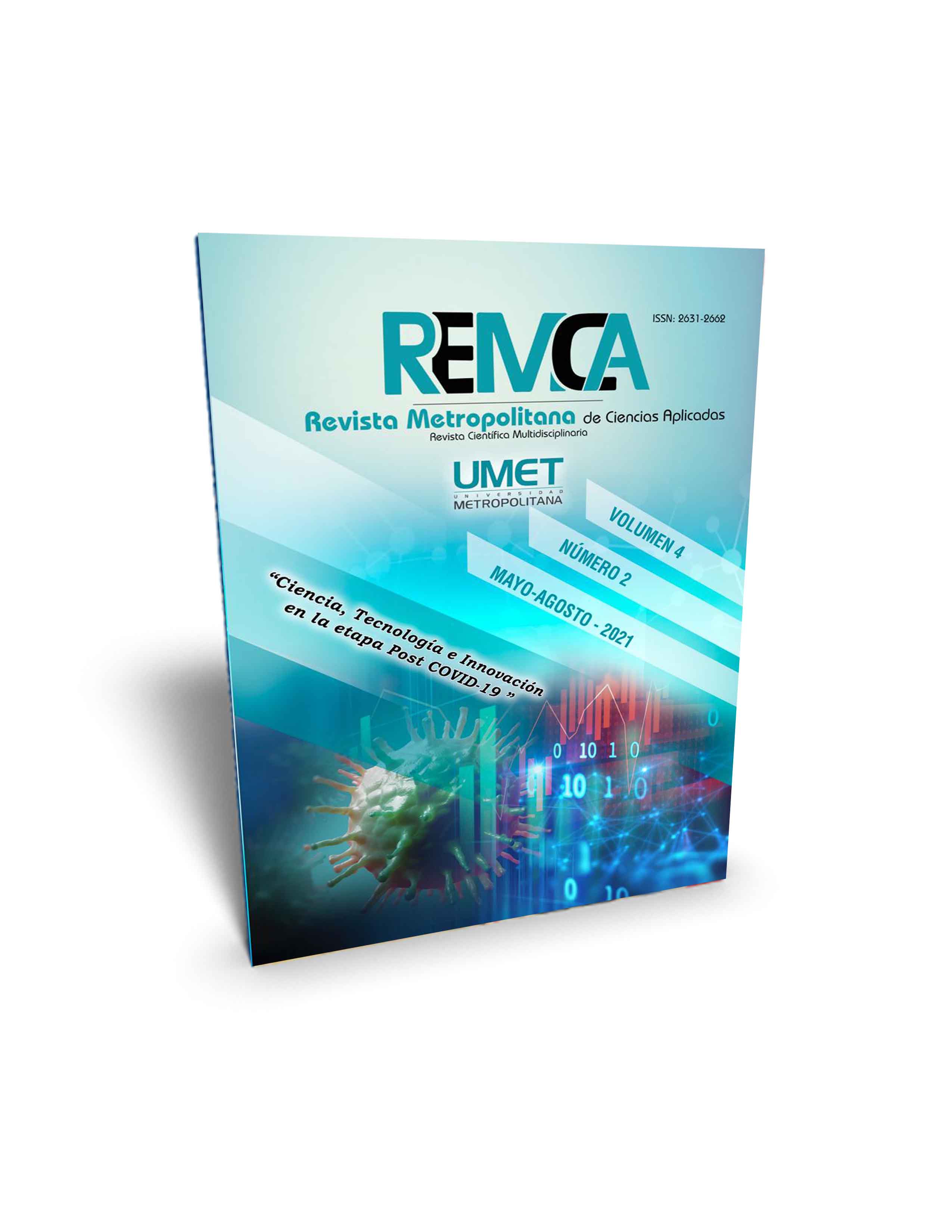Inclusive educational policies for learning and student participation
DOI:
https://doi.org/10.62452/7s3sqt15Keywords:
Inclusive educational policies, learning, participation, diversityAbstract
This work deals with a topic of great social relevance: inclusive educational policies for student learning and participation, education is promoted as a universal right and constitutes the key to sustainable human development, due to the responsibility of the State and the will government policy to provide resources for access to all citizens, regardless of their status as part of cultural diversity. It is emphasized that the school it includes does not impose enrollment requirements, does not discriminate and prepares its faculty to be “a school open to diversity”. There is a change in concepts, one moves from integration to inclusion as an educational approach focused on the context, the school, the family, the community and society in general. The purpose is to meet the educational demands of all students. For this reason, the objective is to reflect on inclusive educational policies for the learning and participation of students in their diversity.
Downloads
References
Ainscow, M. (2008). Desarrollando sistemas de educación inclusiva. Mad., S.L.
Booth, T., & Ainscow, M. (2000). Index for inclusion: developing learnig and participation in schools. Centre for Studies on Inclusive Education.
Booth, T., & Ainscow, M. (2002). Indice para la inclusión (folleto). Madrid: Centro de Estudios para la Educación Inclusiva.
Booth, T., Simón, C., Sandoval, M., Echeita, G., & Muçoz, Y. (2015). Guía para la educación inclusiva. Promoviendo el aprendizaje y la participación en las escuelas. Calidad, Eficacia y Cambio en la Educación. REICE. Revista Iberoamericana sobre Calidad, Eficacia y Cambio en Educación, 13(3), 5-19.
Booth, T., Simón, C., Sandoval, M., Echeita, G., & Muñoz, Y. (2015). Index for inclusion. Guía para la educación inclusiva. Promoviendo el aprendizaje y la participación en las escuelas: nueva edición revisada y ampliada. Revista Iberoamericana sobre Calidad, Eficacia y Cambio en Educación, 13(3), 5-19.
Casañas, M. (2008). El cambio educativo: un reto de las políticas nacionales ante el nuevo milenio. Centro Internacional Miranda.
Echeita, G., & Simón, C. (2012). Cómo fomentar las redes naturales de apoyo en el marco de una escuela inclusiva. Mad., S.L.
Fondo de las Naciones Unidas para la Infancia. (2014). Conceptualizar a educaçao inclusiva e contextualizá-la na missao do UNICEF. UNICEF.
Freire, P. (1997). Pedagogia da autonomia: saberes necessarios á prática educativa. Paz e Terra.
Muntaner, J. (2009). Los apoyos facilitadores para la inclusión. Los apoyos facilitadores para la inclusión. http://www.quadernsdigitals.net/datos_web/hemeroteca/r_77/nr_845/a_11342/11342.pdf
Rico, P. (2004). La zona de desarrollo próximo: procedimientos y tareas de aprendizaje. Editoral Pueblo y Educación.
Rodríguez, X. (2019). Políticas educativas inclusivas para la atención a la diversidad en la infancia. ISCE-Uíge.
Torres, S. (2001). Los sistemas de comunicación aumentativos y/o alternativos. Aljibe, S.L.
Vigotski, L. (1979). El desarrollo de los procesos psicológicos superiores. Crítica.
Downloads
Published
Issue
Section
License
Copyright (c) 2021 Raisa Bernal Cerza, Xiomara Rodríguez Fleitas (Autor/a)

This work is licensed under a Creative Commons Attribution-NonCommercial-ShareAlike 4.0 International License.
Authors who publish in Revista Metropolitana de Ciencias Aplicadas (REMCA), agree to the following terms:
1. Copyright
Authors retain unrestricted copyright to their work. Authors grant the journal the right of first publication. To this end, they assign the journal non-exclusive exploitation rights (reproduction, distribution, public communication, and transformation). Authors may enter into additional agreements for the non-exclusive distribution of the version of the work published in the journal, provided that acknowledgment of its initial publication in this journal is given.
© The authors.
2. License
The articles are published in the journal under the Creative Commons Attribution-NonCommercial-ShareAlike 4.0 International License (CC BY-NC-SA 4.0). The terms can be found at: https://creativecommons.org/licenses/by-nc-sa/4.0/deed.en
This license allows:
- Sharing: Copying and redistributing the material in any medium or format.
- Adapting: Remixing, transforming, and building upon the material.
Under the following terms:
- Attribution: You must give appropriate credit, provide a link to the license, and indicate if any changes were made. You may do this in any reasonable manner, but not in any way that suggests the licensor endorses or sponsors your use.
- NonCommercial: You may not use the material for commercial purposes.
- ShareAlike: If you remix, transform, or build upon the material, you must distribute your creation under the same license as the original work.
There are no additional restrictions. You may not apply legal terms or technological measures that legally restrict others from doing anything the license permits.




